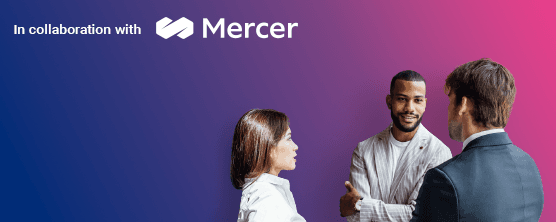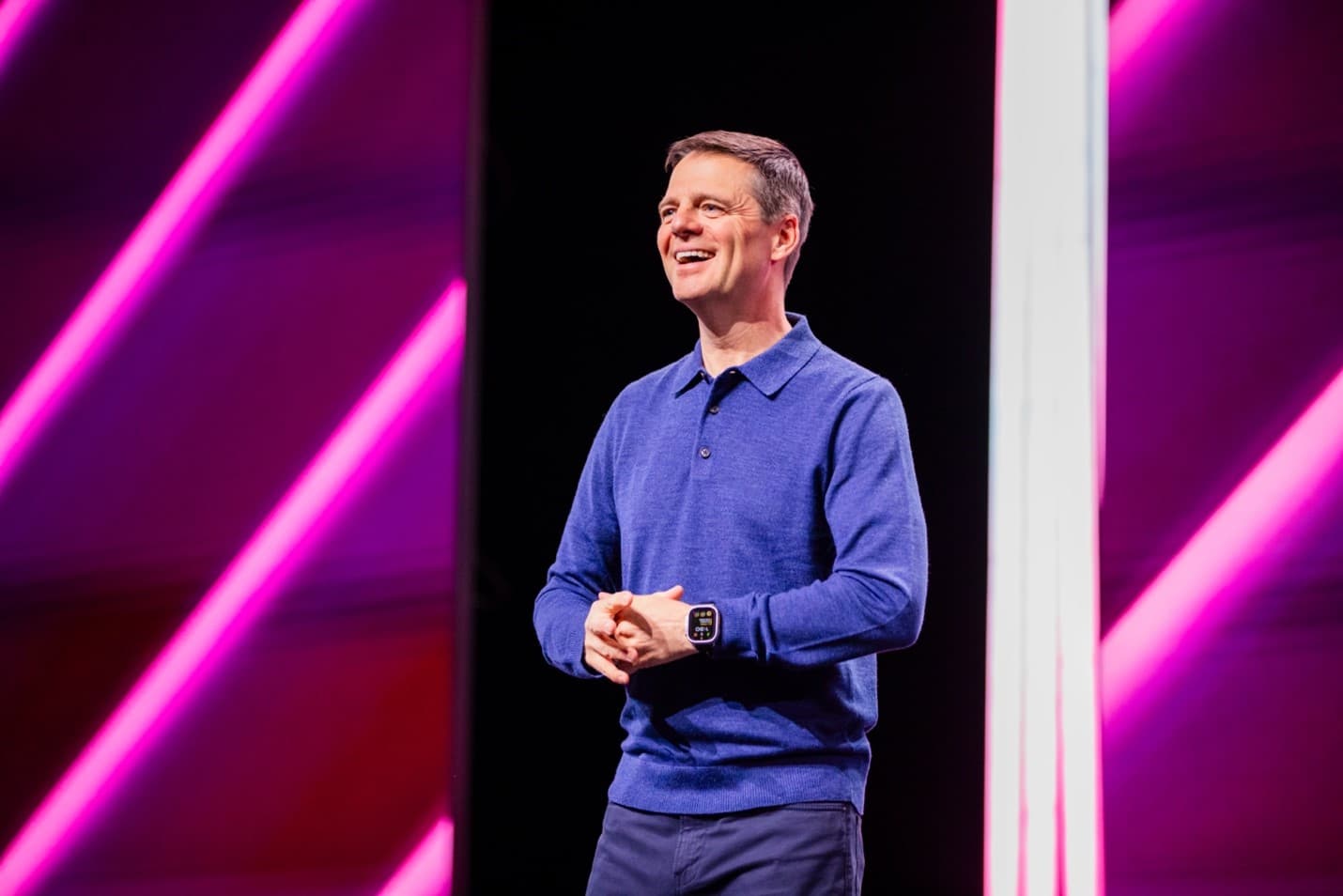
Unlocking the Skills-Based Organization with Recognition Data
Learn why shifting to a skills-based organization is critical for HR. See how recognition data uncovers hidden skills and drives performance.

Unlocking the Skills-Based Organization with Recognition Data
Learn why shifting to a skills-based organization is critical for HR. See how recognition data uncovers hidden skills and drives performance.

Unlock the Skills-Powered Organization: How Recognition Data Uncovers Skills Data and Unleashes Potential
This paper explores why a skills-based approach is vital for organizations, examines how recognition data is an untapped treasure trove for real-time skills insights, and outlines the key characteristics of high-impact recognition programs that unlock this valuable data.

Workhuman Live 2025: Architecting the Future of Work with Data and Bold Decisions
The world of work is changing. Thrive through uncertainty with focus on what makes work smarter, more connected, and more human.
Workforce Optimization (WFO): How To Align People, Performance, and Business Goals
Unlock the full potential of your workforce with Workforce Optimization. Implement strategies and tools to improve employee performance and business results.

What is Human Data and Why Is It Important?
Unlock the power of human data to drive smarter HR decisions and build a thriving workplace with Human Intelligence.

Why Your Organization Needs Human Intelligence
Highly disengaged employees share something in common: They either haven’t learned a new skill in 2+ years, or they never have. With Human Intelligence™, you can find identify strengths and areas for growth to pinpoint a development plan that expands everyone's skillset.

Guaranteed Impact: Why Workhuman Is the Strategic Recognition Partner You Need
Learn more about how Workhuman’s AI-powered recognition solution can help your team thrive. See exactly what sets Workhuman apart, and how our unique offerings were designed by our team of experts to fit the evolving needs of today’s workforce.

Strategic Recognition 101: Your Guide to Proving ROI
Not all recognition is created equal. To see measurable results - from increased employee engagement to productivity to lower absenteeism and safety incidents - you need strategic recognition.

A Conversation About Human Connection: Q&A with Adam Grant and Eric Mosley
At Workhuman Live 2025, world-renowned Adam Grant will take center stage. Learn more about what to expect in this exhilarating Q&A between Adam and Workhuman CEO Eric Mosley.

The Power of Recognition Done Right
At Workhuman, we believe in the power of recognition done right, which means building a culture of recognition that positively influences every aspect of the business.

4 AI-Powered Workhuman Innovations to Elevate Your Organization
To lead companies through times of change and uncertainty, Workhuman has debuted new AI-powered innovations that mine recognition data for transformative company insights. That's what we call Human Intelligence.

6 Tips to Increase Employee Engagement in Times of Change
Learn how you can engage your workforce by investing in the right AI, fostering physical and psychological safety, and creating a human-first culture in your organization.